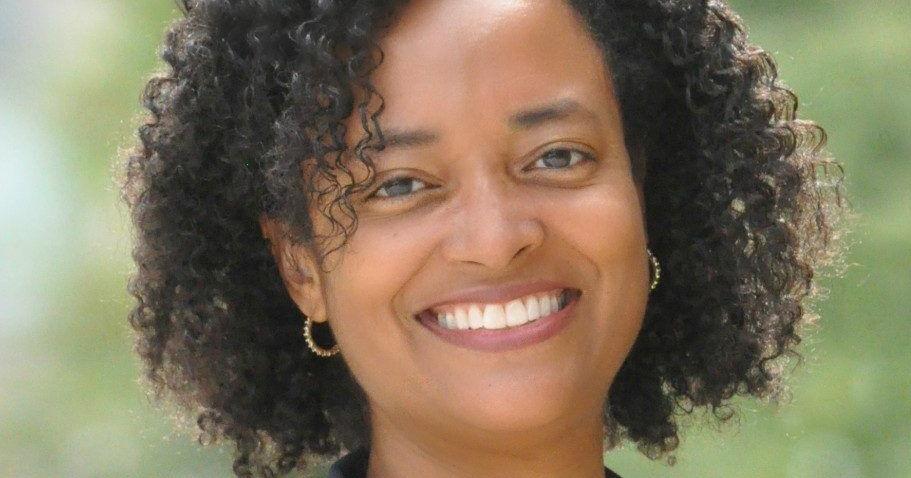Blood
Battling back is in our blood: Join fight to eliminate sickle cell
In my nearly 20-year tenure as a nurse at Riley Hospital for Children, I found myself repeatedly astonished and humbled – not only by the kids and young adults battling a monstrous adversary such as sickle cell disease but more so by their enormous tenacity.
Despite draining hospital stays and distressing procedures, these young ones always shone bright, their resilient spirits undeniably inspiring.
Sickle cell disease is a grave and widespread genetic disorder that affects a higher proportion of individuals of African descent, including African Americans – 1 in 12 carries a sickle cell gene, and about 1 of every 365 Black babies is born with sickle cell anemia.
Although in a much smaller number, the condition also impacts Hispanic Americans from Central and South America and people of Middle Eastern, Asian, Indian and Mediterranean descent.
The disease distorts soft and round red blood cells and turns them hard and crescent-shaped. As a result, blood has difficulty flowing smoothly and carrying oxygen to the rest of the body, which may lead to severe pain, tissue and organ damage, anemia, and even strokes.
I saw firsthand how these children somehow transformed unimaginable pain into unparalleled strength. Such tenacity deserves every ounce of assistance that we, as a community, can muster.
Now, as CEO of the American Red Cross – Indiana Region, I carry forward these observations and experiences. My mission is simple: enable, enlighten and empower more Black donors to join us in our fight against sickle cell disease.
In the U.S., it is estimated that more than 100,000 people have sickle cell disease and may require frequent blood transfusions throughout their lifetime – as many as 100 units of blood per patient each year. Blood transfusions play a crucial role in the management of sickle cell complications, and it is well documented that blood from Black donors often provides a better match for those in need.
September is Sickle Cell Awareness Month, and I want to bring awareness that the Black community is and continues to be underrepresented in blood donation drives. This disparity takes a toll on the effective treatment of sickle cell disease, among other complications. I urge more Black donors to step up in these critical times; their contribution can save lives.
Further, it is imperative to underscore that we are diligently doing our part at the American Red Cross.
The Red Cross launched the Sickle Cell Initiative in 2021 to inspire support for patients. Since that time, we have increased our first-time African American blood donors to more than 45,000, nearly doubling the number of new donors and essentially reversing the trend of declining donors overall for this group.
And since the initiative, more than 138,000 sickle cell trait screenings have been provided to donors who self-identified as African American.
Most recently, the Red Cross has expanded the screening to include those who self-identify as multiracial.
We have developed key national and local partnerships with organizations such as the 100 Black Men, historically Black colleges and universities, and Black fraternities and sororities, among others, to reach Black populations to expand our sickle cell donor program nationwide.
Such efforts are geared at reaching potential donors, addressing their concerns or anxieties, and simplifying the process of giving blood.
It is encouraging to see increasing support from the broader community, but the fight is far from over. It is time we bring forth a collaborative front against sickle cell disease, with more Black blood donors stepping forward.
The American Red Cross is committed to facilitating this process by ensuring a safe, comfortable and stigma-free environment for all donors.
Let’s come together to support the immeasurable strength of our young warriors. After all, their resilience deserves every drop of our courage.
Terry Stigdon is CEO of the American Red Cross – Indiana Region.

